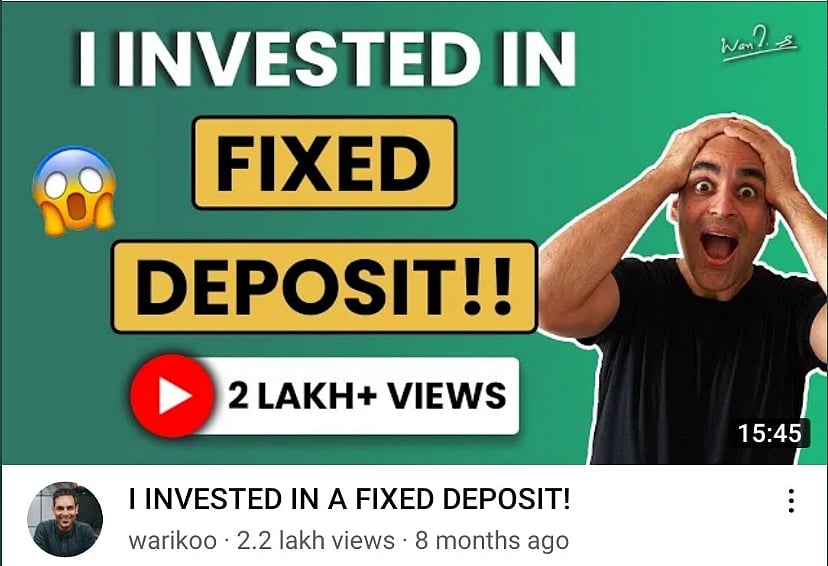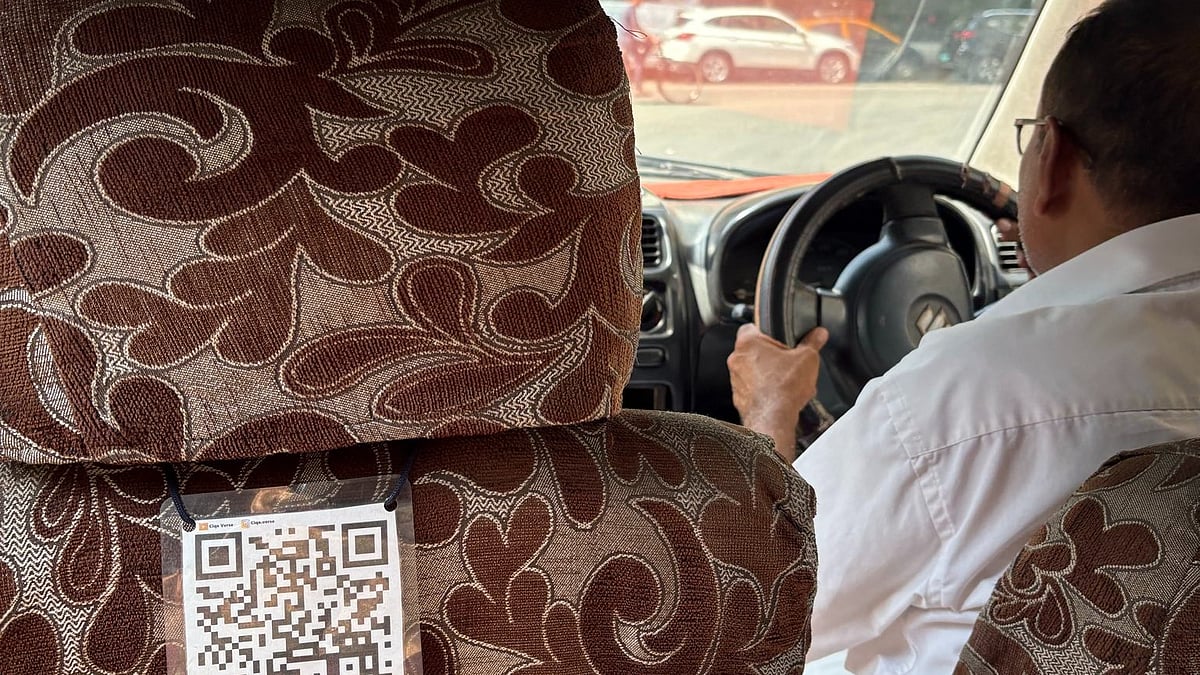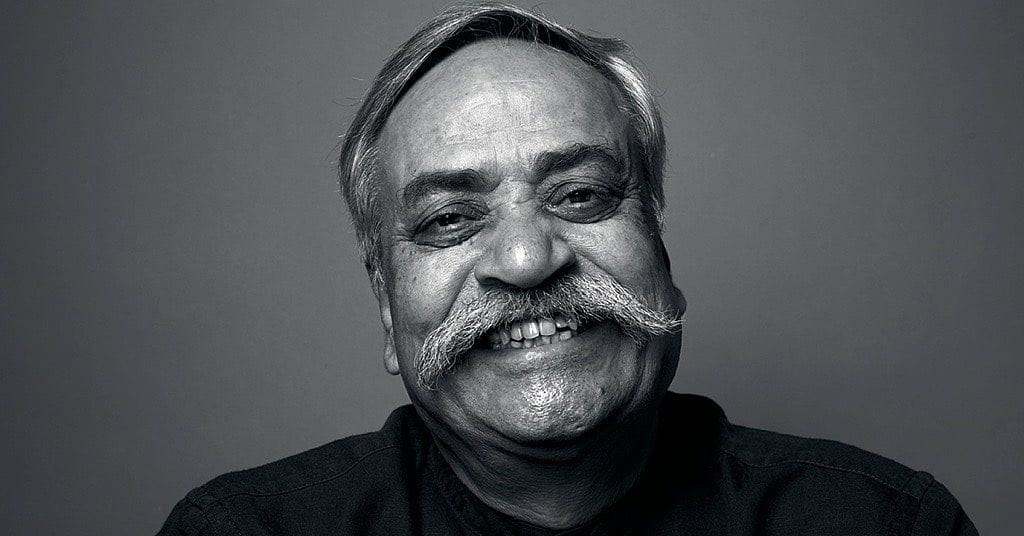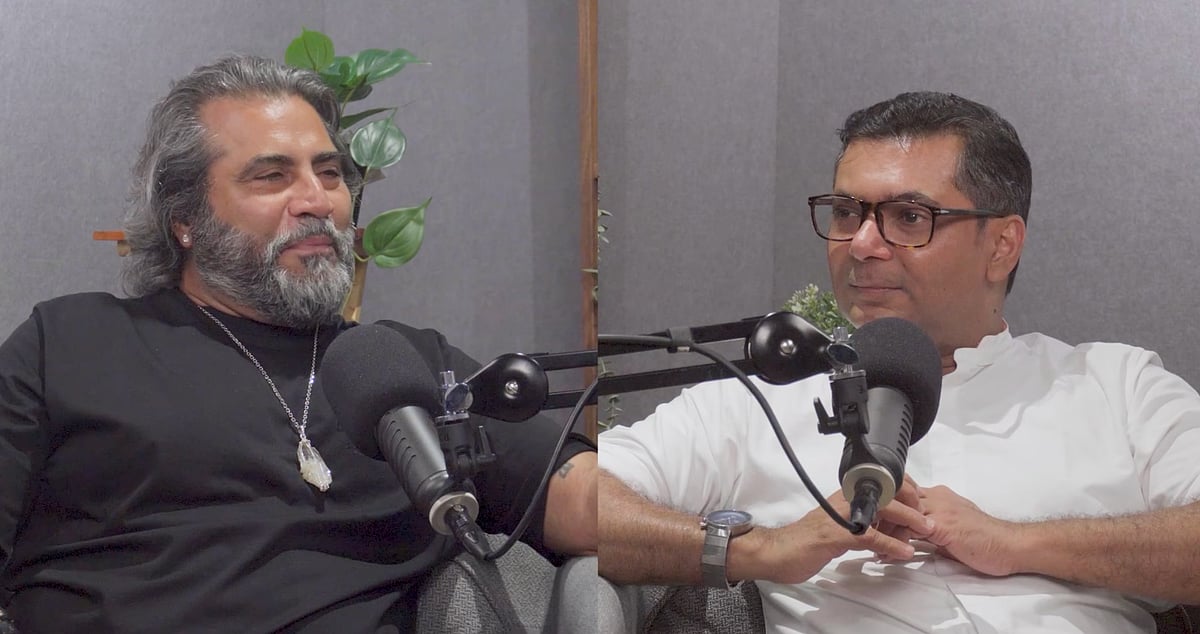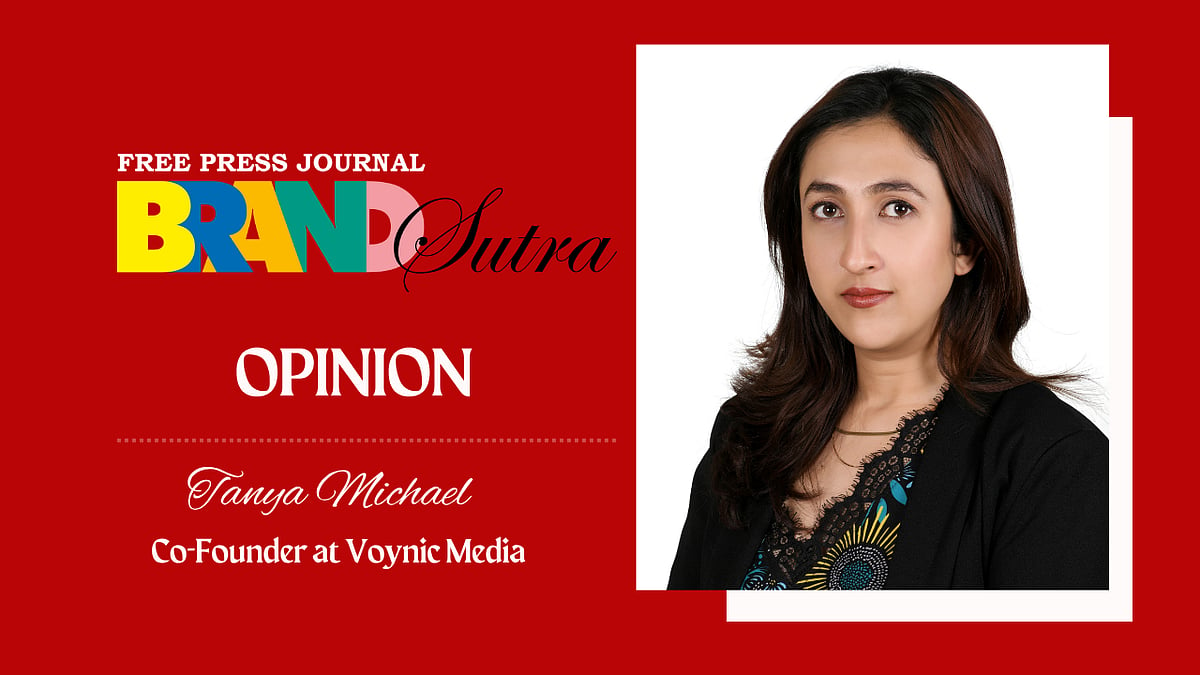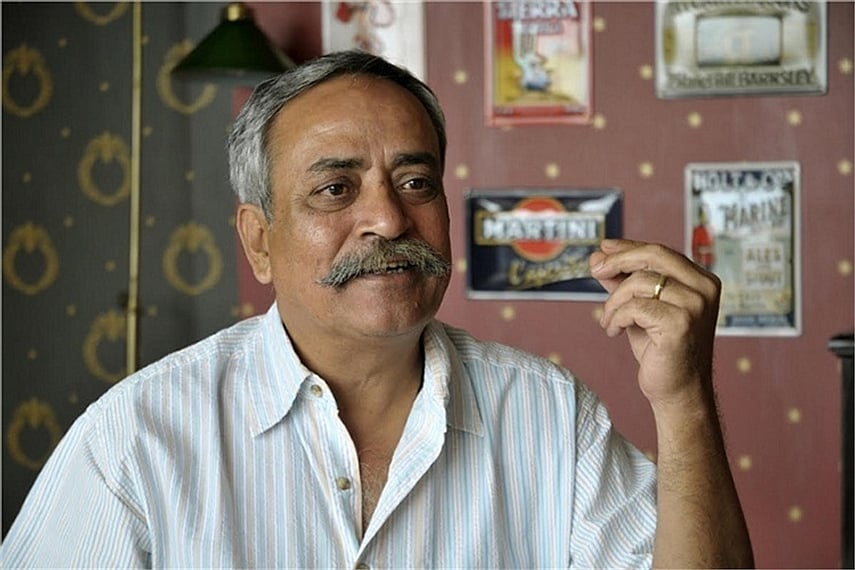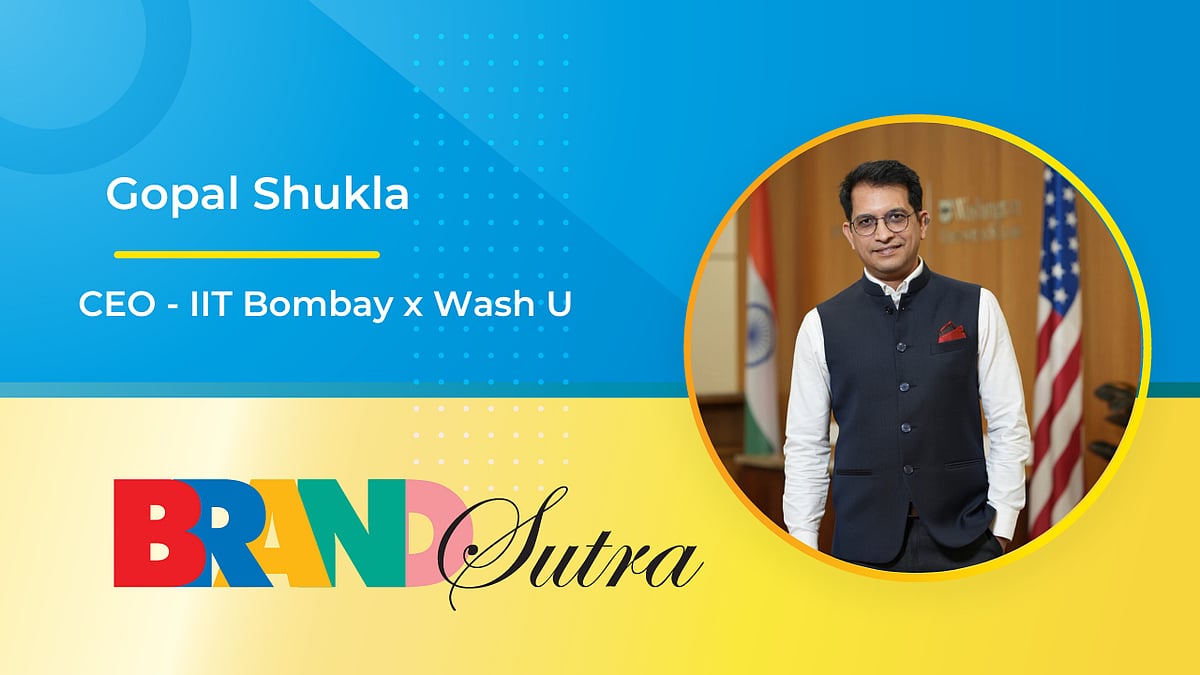Influencers have been the fastest growing media segment in the last couple of years. The growth of social media platforms, which make it easy for ‘creators’ and a complete lack of measurement have led to exponential growth of influencers.
Today, there is no way of knowing who isn’t an influencer; if you have over 100 followers, you have a commercial influence that thousands of brands want to exploit. This is actually the unorganised media market, that has had a free run.
However, in this growth, the end users, i.e, the ones who are getting influenced, have never had a say, but that is now changing. Plus, the legal regulatory framework is trying to cope up with this evolving media segment.
We are all aware of how four big very well-known influencers promoted Vauld, the cryptocurrency exchange from Singapore, and how hundreds of small investors may never see their money again. What influencers are able to successfully create is an illusion about status and reputation of the brand which otherwise is very difficult to establish.
In case of Vauld, which deals in an unregulated money tender, the big influencers transferred their equity (not financial equity) to the brand and made it possible for the end users to do the transaction. This very process of borrowed equity by brands has created a scenario where I feel the unrestricted party of influencers has to be put through some regulations.
Yes, the Advertising Standards Council of India (ASCI) has put out some guidelines on use of influencers; they are largely around transparency where the influencers have to announce paid partnership.
However, both tracking and implementing this is easy for large influencers, for small ones it is largely left to the platform to implement.
Take the Vauld-Ankur Warikoo video, the ‘paid promotion’ tag is hard to spot and the content of the video doesn’t say so clearly. Compare this to say famous photographers who have partnership with camera brands, they are upfront and even in video/content do not hide the fact that they are pushing a brand.
Yes, the tax authorities are tracking this segment and they want the brands to pay taxes even on barter, making it clear to the influencer ecosystem that they cannot hide behind technicalities. The real struggle is actually for the end consumers, i.e., those who are being influenced.
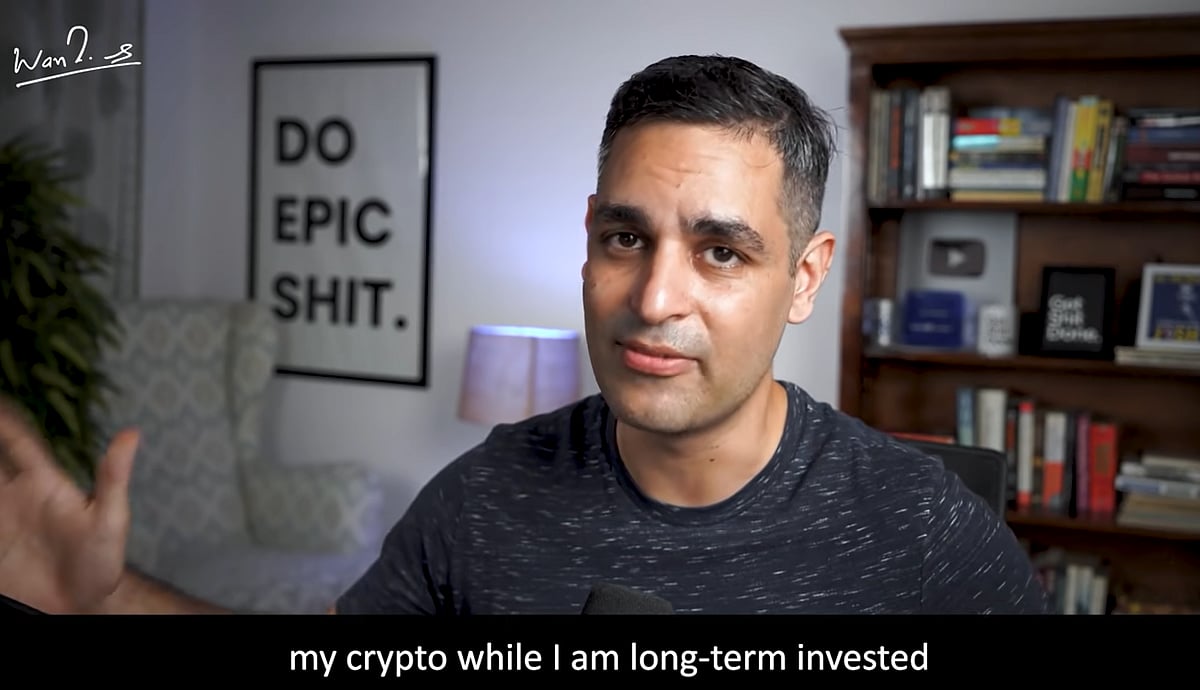
SOME STEPS TO TAKE
I would suggest these three things to be done:
Be transparent: In political advertising in the United States, the candidate who is paying for telecast has to appear in the commercial and state that they approve of the message. This is needed by brands today, where they come on camera and declare that this is a paid post.
Be correct: The financial instrument advertising has to state the disclaimers in unequivocal terms, so that the investors can make informed choices. When an influencer puts out an endorsement, the disclaimers need to be made clear. There should never be a place for being misleading.
Be legal: Today, there are guidelines for what a brand can claim in advertising and if the claims are not correct, the legal system does impose penalties. The influencers need to be ready to pay the penalty if they agree to be part of a campaign that has claims that cannot be substantiated.
When they put out content under a paid partnership tab, the content is not their personal opinion, it’s a paid promotion. The brands need to ensure that they do what is legally correct.
I agree it is a free market and everyone is free to push the brand or product they like. But remember, the business of selling is governed by laws and codes. Laws and codes help the process of selling. Influencers are just that - they sell, and they should not be left to their opinions only.
(The author is Co-founder and CSO, Bang in the Middle)
